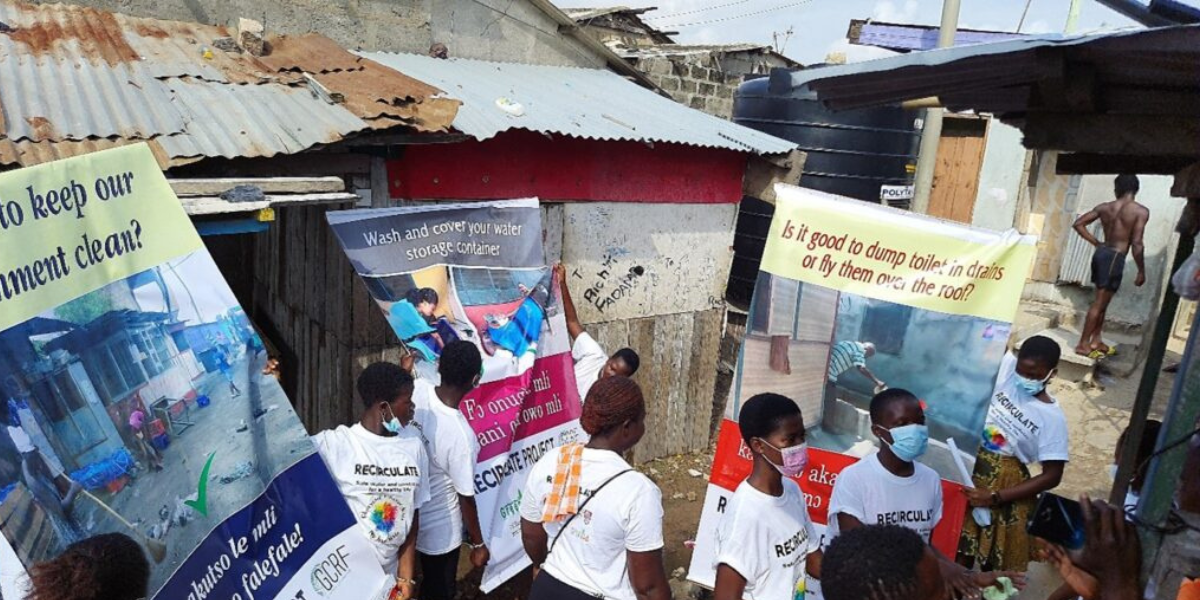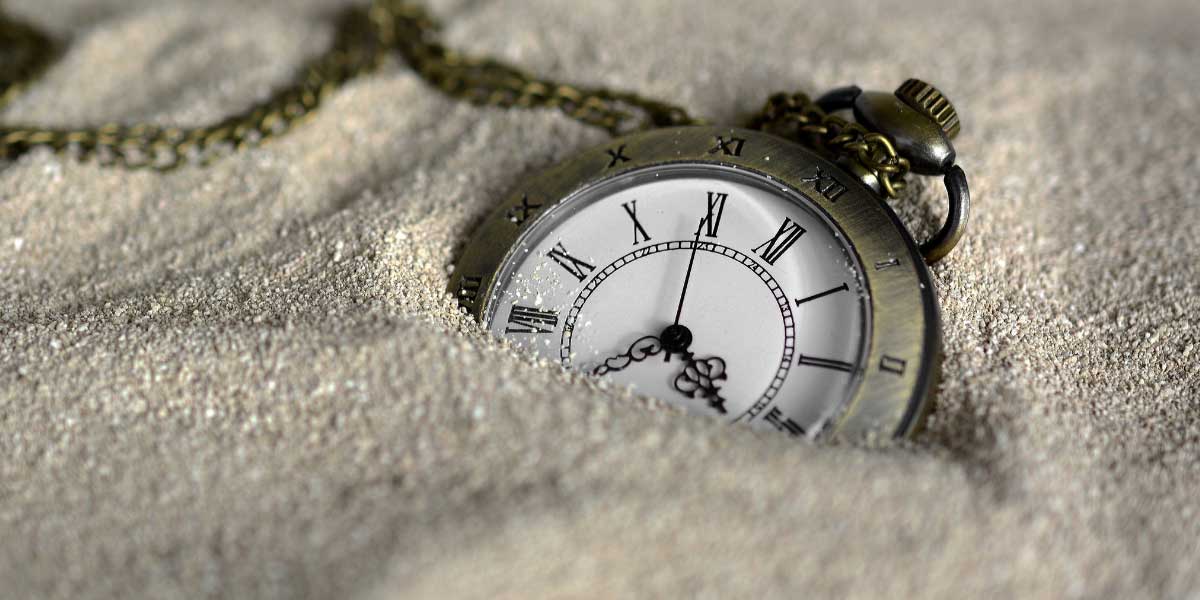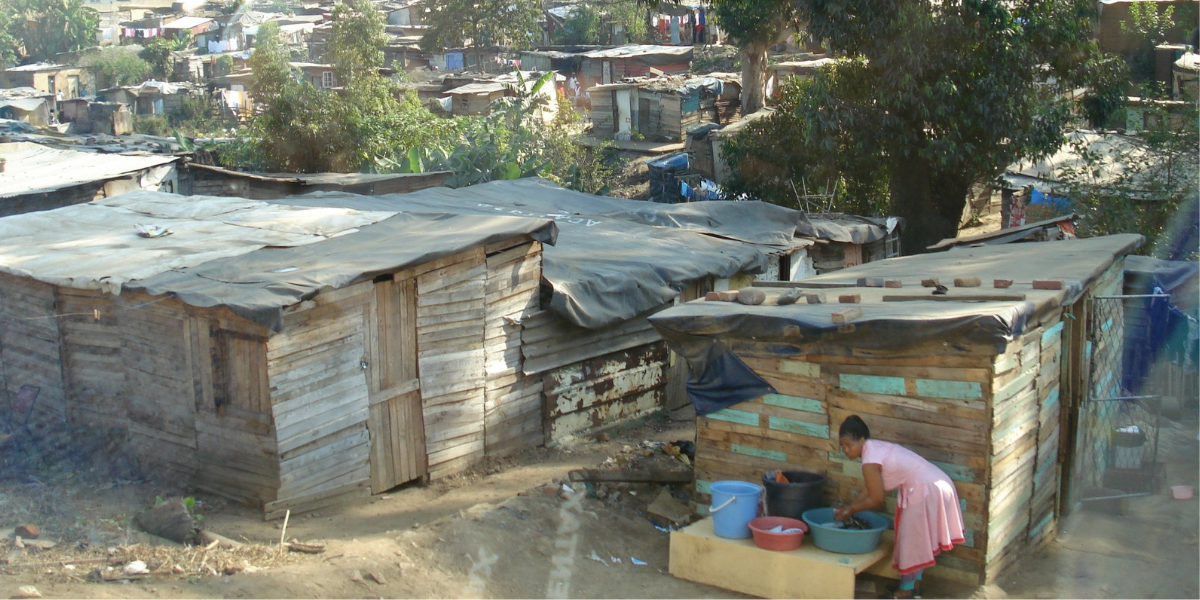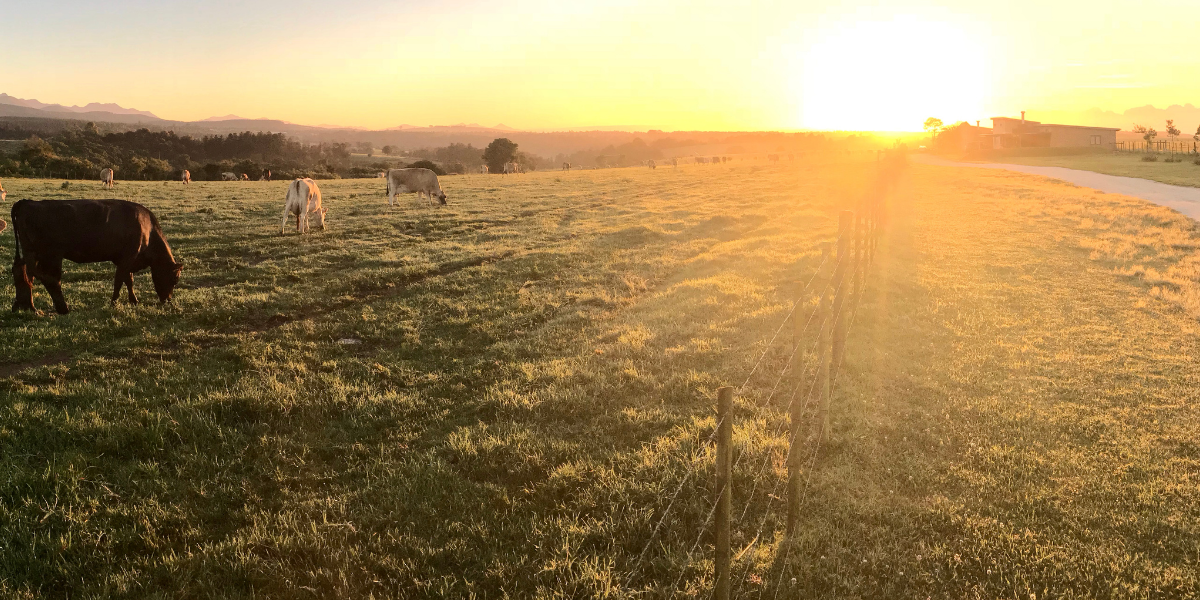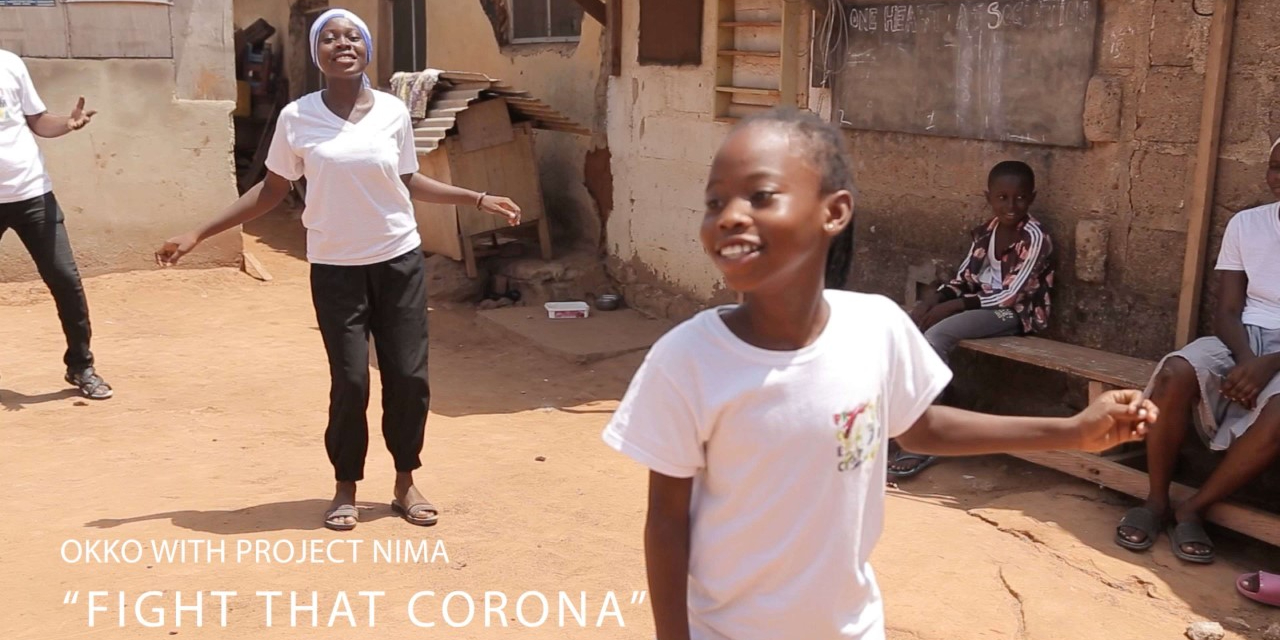
Kathleen Burke, a RECIRCULATE network member and a graduate researcher at the House of Innovation within the Stockholm School of Economics (SSE), alongside Erik Merkus & Cristina Clerici, hraduate researchers at the Department of Economics at SSE, secured funding from the Mistra Center for Sustainable Markets (MISUM) for research on place-based education to promote sustainability, safe water, and human health during Covid-19. Partners involve RECIRCULATE as an advisory body and Project Nima, a non-governmental organisation. The aim of the research team is to build on the work that RECIRCULATE’s “Entrepreneurship & Innovation” workpackage has accomplished and contribute to better understanding on how education can support the wider ecosystem and improve community-research interactions. The focal issue has been defined around the problem of discarding garbage into areas where water is accumulating. Working with the NGO, the researchers will plan an Education Day to deliver a place-based education module. Local stakeholder involvement will enable the project to co-design, co-develop and co-deliver digital educational content that is bespoke to the specific challenges.
The desired outcome of the project is raising awareness and preparedness to cope with local environmental issues can have positive effects on the human health of communities across the globe. While the COVID-19 pandemic reinforces the importance of improving safe and sustainable water access, it also crystallizes the difficulty of addressing present and future needs for the most vulnerable communities. Considering the trade-offs and interdependencies between water and pandemic-related risks, we wish to study the role of place-based education in promoting sustainability, safe water, and human health.
For further information on the project, please contact Kathleen.
Photo by: Project Nima.
